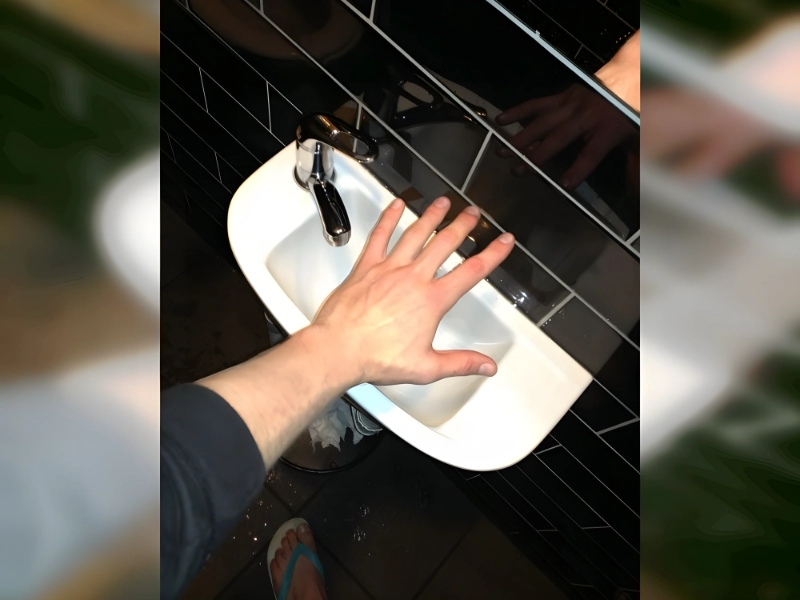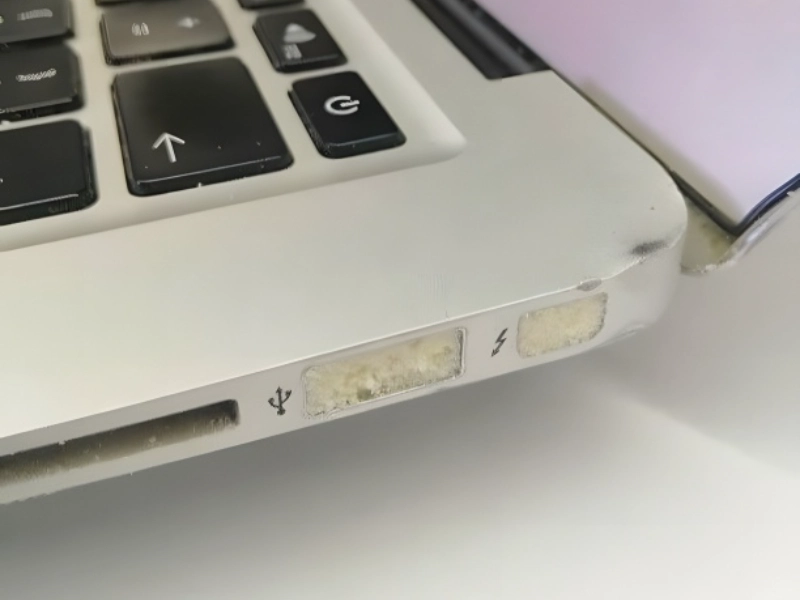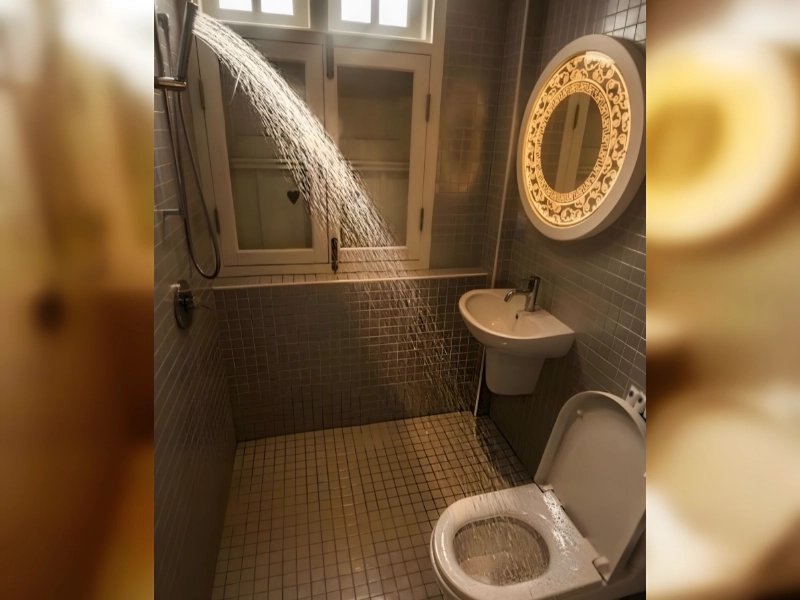10 Things That Shouldn’t Be Dumped Down the Drain
Tobacco butts

The Environmental Impact of Disposing of Tobacco Butts
Cigarette butts may seem like small, inconsequential pieces of waste, but they pose significant environmental hazards when improperly discarded. The synthetic filters used in cigarettes are designed to absorb water, causing them to swell and become lodged in drainage systems. This swelling can lead to clogs in pipes and drainage systems, disrupting the flow of water and potentially causing costly plumbing issues.
Moreover, cigarette butts do not decompose easily; they can take years, if not decades, to break down. This longevity in the environment means that millions of discarded butts accumulate in landfills and natural settings, contributing to pollution. Additionally, cigarette butts contain harmful substances, including nicotine and other toxic chemicals, which can leach into soil and water sources, posing risks to wildlife and ecosystems.
To mitigate these issues, it is crucial to dispose of cigarette butts properly. Using designated receptacles for tobacco waste or participating in local clean-up efforts can help reduce the environmental impact of this waste.















